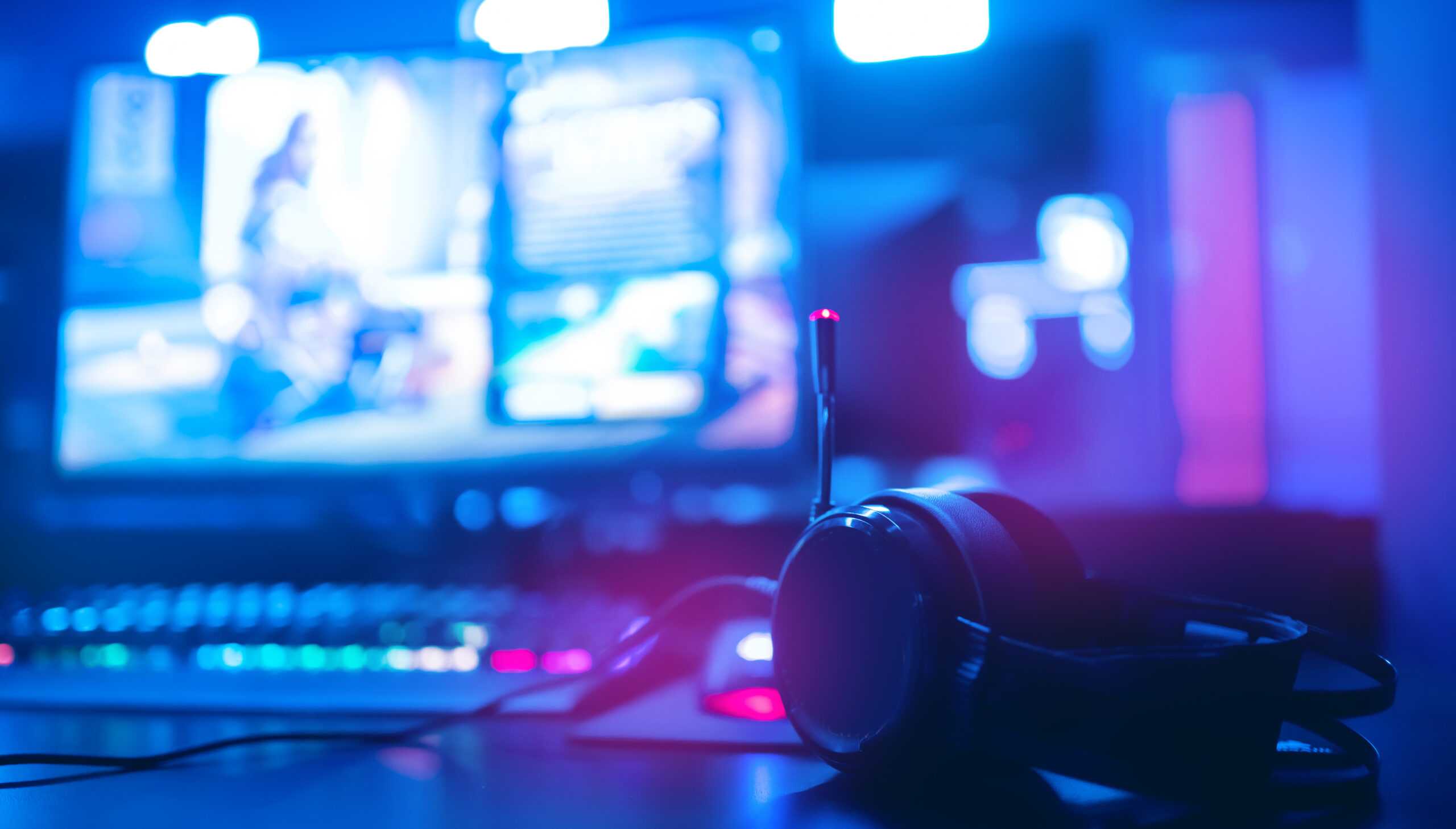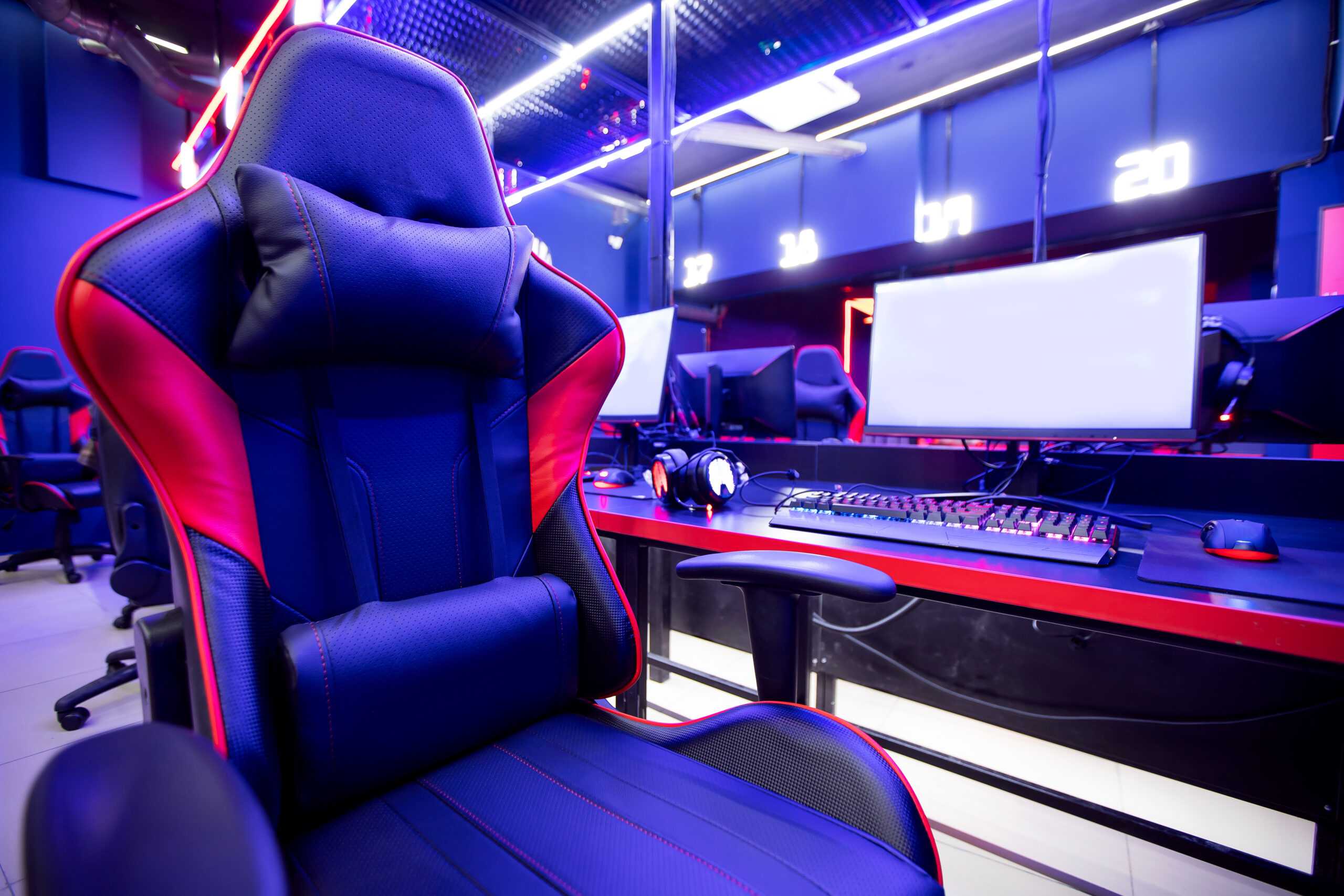The esports industry is maturing, and as the business grows, so too are sponsors’ expectations. Sponsorships have become more complex, often involving collaboration on content creation and marketing activations. Brands are no longer satisfied with surface-level participation that involves affixing their name to a team or tournament. They want to understand what they are paying for and who and how they’re reaching fans. That’s where analytics platforms come in, and it’s why leading esports orgs are partnering with firms who have the resources to provide enhanced audience measurement.
Immortals Gaming Club, for example, recently signed a deal with digital intelligence firm Zoomph to measure engagement across its social platforms and provide insights to partners. Zoomph, which advises teams and esports athletes on sponsorships and activations, aims “to orchestrate smarter, data-driven campaigns for optimal results.” The firm has previously partnered with Misfits Gaming Group, Team Liquid, and Atlanta Esports Ventures.
Similarly, Spanish esports org Vodafone Giants entered into a strategic partnership with Deloitte Gaming to enhance its data analysis processes. Good Game Group, the parent company of the Giants, said the alliance with business provider Deloitte will “revolutionize the way we understand our company and our fans, which will lead to even better results.”
Most esports orgs do not have this kind of analytic expertise in-house. To fulfill their sponsors’ needs, however, they must be able to provide data on engagement – especially considering that they want brands to renew their deals in an industry where sponsorships drive the lion’s share of revenues. While improved analytics is helpful for sponsors, it represents another cost to be borne by teams. The upside is that turning a sponsor into a happy customer should yield stronger revenue generation over the long-term.
According to Interpret’s New Media Measure®, esports viewers consume a large volume of content across esports and general entertainment, which underscores the need for solid analytics. On a weekly basis, esports viewers watch esports content for 6.2 hours, and they spend an additional 8.9 hours watching other entertainment on paid/free platforms (Netflix, Hulu, Crackle, etc.), compared to the general population’s weekly viewing time of 8.8 hours. For more esports research, be sure to inquire about our twice-monthly insights report, Esports Replay™.






